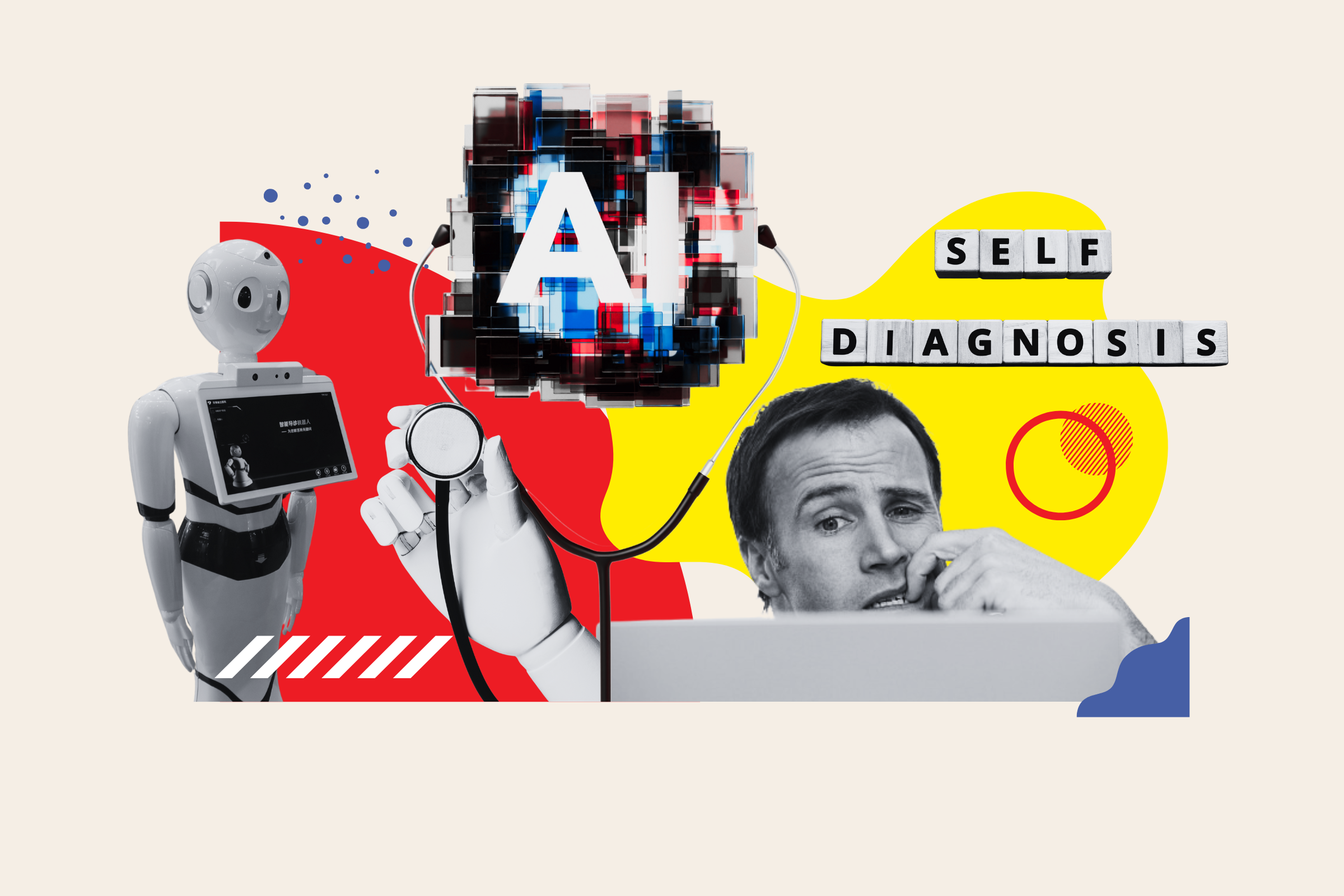
Imagine waking up with a strange symptom and instead of rushing to the doctor, you simply ask an AI. This is becoming a reality for many Americans. A recent survey has highlighted a growing trend: more and more patients are turning to artificial intelligence to diagnose their health issues. However, this rapid technological advancement is outpacing the healthcare industry’s ability to keep up.
The Rise of AI in Healthcare
Artificial intelligence is no longer a futuristic concept; it is here and transforming the way we approach healthcare. From AI-powered chatbots to sophisticated diagnostic tools, technology is providing patients with unprecedented access to medical information. This shift is empowering individuals to take control of their health, but it also raises important questions about the reliability and accuracy of AI diagnoses.
Why Are Patients Turning to AI?
There are several reasons why patients are increasingly relying on AI for health diagnoses:
- Convenience: AI tools are available 24/7, providing instant feedback without the need for an appointment.
- Accessibility: For those in remote areas or with limited access to healthcare, AI offers a valuable alternative.
- Cost-Effectiveness: AI consultations can be more affordable than traditional doctor visits.
The Challenges Ahead
While the benefits of AI in healthcare are clear, there are also significant challenges to address:
- Accuracy: Ensuring that AI diagnoses are as accurate as those made by human doctors is crucial.
- Regulation: The healthcare industry must develop standards and regulations to govern the use of AI.
- Integration: Integrating AI tools into existing healthcare systems requires significant investment and training.
As AI continues to evolve, it is essential for the healthcare industry to adapt and ensure that these technologies are used safely and effectively.
Looking to the Future
The future of healthcare is undoubtedly intertwined with the advancement of AI. As we move forward, it is essential to strike a balance between embracing innovation and maintaining the highest standards of patient care. By doing so, we can harness the power of AI to improve health outcomes and make healthcare more accessible to all.

